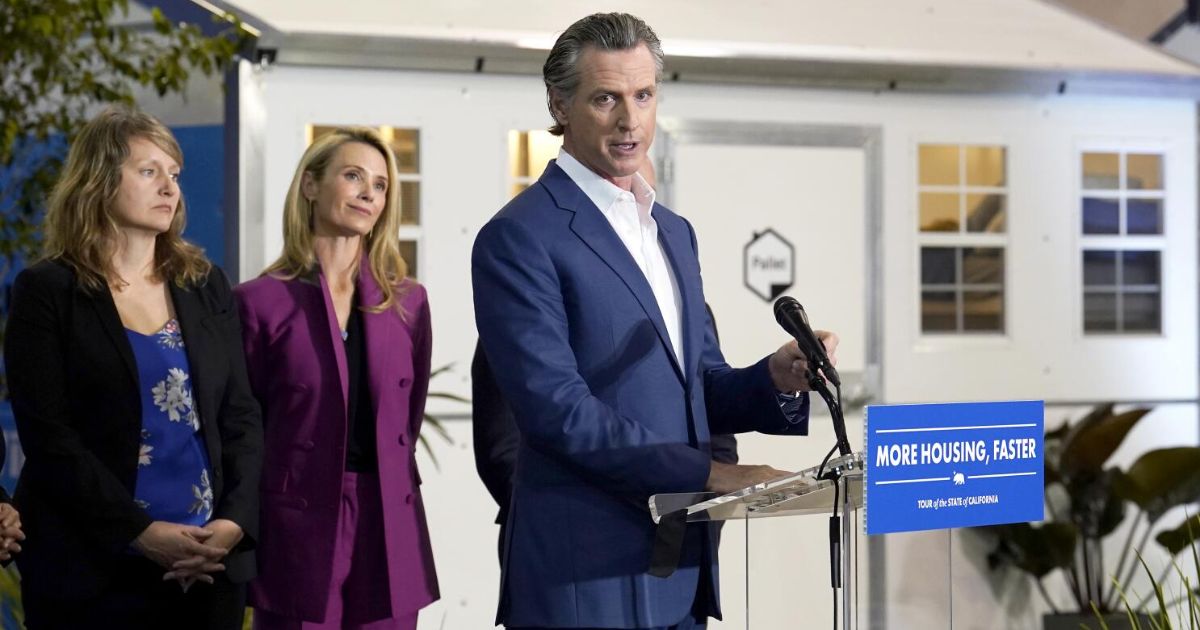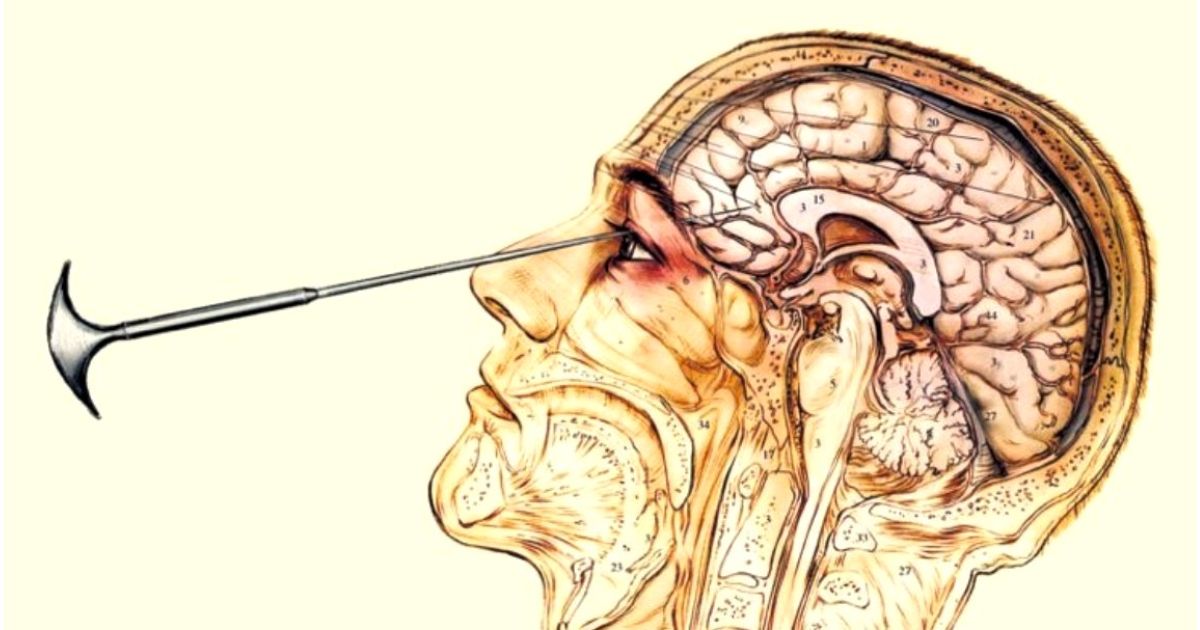A significant and commendable step has been taken to address the pressing concerns about the mental health of resident doctors.
The Directorate of Medical Education & Research (DMER) has taken a definitive stance by pledging to establish mental health assessment and redressal committees throughout the entirety of state-operated medical college hospitals across Maharashtra.
This commitment follows a prolonged period of in-depth conversations and thoughtful considerations spanning several months.
These discussions were integral, involving engagements between the DMER and representatives advocating for resident doctors’ interests.
Notably, these discussions were spearheaded by the Maharashtra Association of Resident Doctors (MARD)
The escalated conversations were instigated by the acute challenge of substantial stress and experiences of mistreatment faced by resident doctors.
This is due to their exhaustive and continuous responsibilities, coupled with sporadic occurrences of maltreatment by senior doctors or faculty members.
Dr. Sarbik De, occupying the role of vice-president within MARD, assumed a crucial position in these negotiations, emphasizing the critical necessity for specialized frameworks designed to provide support specifically addressing the welfare of resident doctors.
During the most recent round of deliberations involving MARD and DMER, there was a joint consensus to set up mental health redressal committees at both the college and state levels.
Dr. Sarbik De, emphasized the pivotal significance of these committees, stating, “These committees will consist of individuals from diverse departments, providing an avenue for students to voice their concerns.”
“Additionally, they will conduct regular anonymous feedback sessions, enabling residents to report instances of exploitation without any apprehension of facing consequences.”
Alarming figures that were brought to light during a session in the Lok Sabha earlier this year unveiled a distressing reality.
There have been 11 documented cases of suicide among resident doctors in Maharashtra over the span of the last five years.
Dr. Sarbik De, emphasized the proactive role that these redressal committees could assume, emphasizing, “These committees are poised to function as a preemptive measure, actively identifying early warning signs well before resident doctors find themselves in a state of severe distress.”
Despite verbal assurances provided, Dr. Abhijit Helge from MARD emphasized the significance of holding authorities accountable.
“We will leverage the meeting minutes to ensure prompt fulfillment of their commitments,” Dr. Helge affirmed, stressing the necessity for concrete actions in line with the assurances made during discussions.
Furthermore, existing regulations impose a significant financial penalty of Rs 20 lakh on resident doctors in the state if they choose to resign from their positions.
Representatives from MARD contended that this additional financial burden exacerbates the severe challenges faced dealing with mental health of resident doctors.
Dr. Helge emphasized the demand for a distinct committee comprising mental health experts.
This proposed committee aims to meticulously evaluate individual cases and consider the possibility of exempting fines based on humanitarian grounds.
Such an approach holds the potential to alleviate stress factors that significantly contribute to the increased risk of suicides among doctors.
The initiative to institute mental health committees within medical institutions represents a forward-thinking step in acknowledging and tackling the challenges about mental health of resident doctors.
Nevertheless, the crucial transformation of these promised commitments into tangible and effective support mechanisms calls for a comprehensive and robust implementation strategy.
As discussions continue to evolve and promises begin to take shape, it becomes the responsibility of the authorities to meticulously oversee the effective setup and functioning of these crucial mental health redressal committees.
In the upcoming weeks, the focus will be on assessing the practical execution and the effectiveness of these measures.
This evaluation becomes pivotal in safeguarding the mental well-being of the entire medical community, especially resident doctors who grapple with substantial hurdles in their professional paths.




























